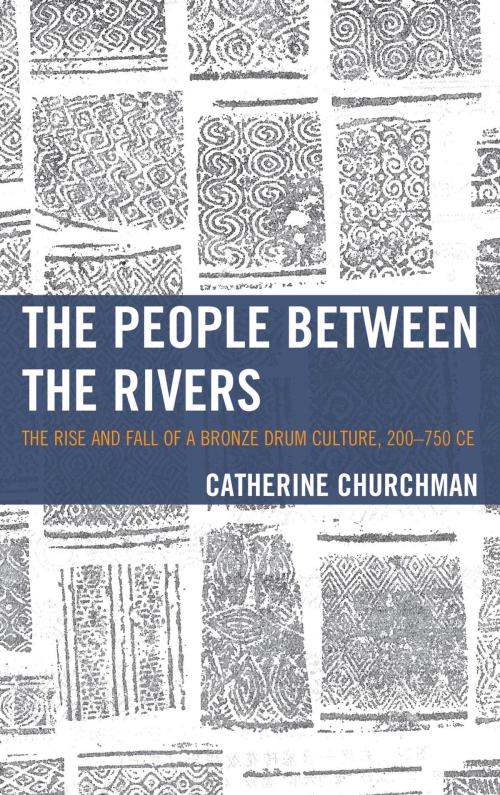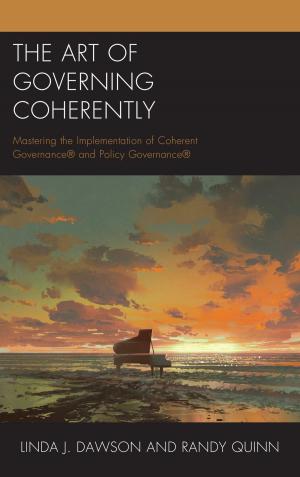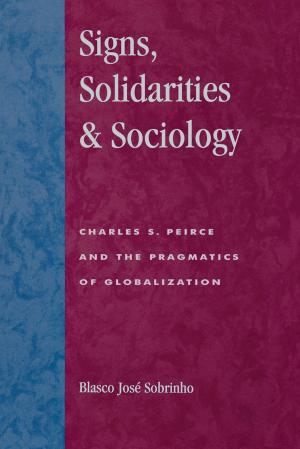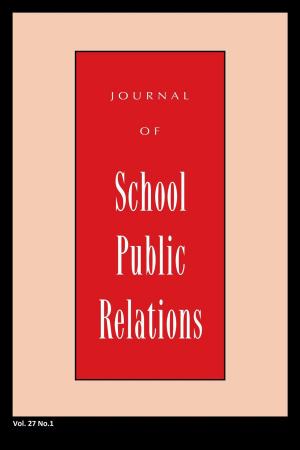The People between the Rivers
The Rise and Fall of a Bronze Drum Culture, 200–750 CE
Nonfiction, History, Asian, Southeast Asia, Asia, China| Author: | Catherine Churchman | ISBN: | 9781442258617 |
| Publisher: | Rowman & Littlefield Publishers | Publication: | September 14, 2016 |
| Imprint: | Rowman & Littlefield Publishers | Language: | English |
| Author: | Catherine Churchman |
| ISBN: | 9781442258617 |
| Publisher: | Rowman & Littlefield Publishers |
| Publication: | September 14, 2016 |
| Imprint: | Rowman & Littlefield Publishers |
| Language: | English |
This fundamental study provides the first comprehensive history in any language of the lands between the Red and Pearl Rivers in southern China and the people who resided there over a span of a thousand years. Bringing to life the mysterious early people known as Li and Lao who inhabited the area, Catherine Churchman explores their custom of casting large bronze kettledrums. As the symbols of political authority and legitimacy for the Li and Lao rulers, the abundance of drums found in the archaeological record is an indication not only of the great number of such rulers, but also of their great wealth and power, which increased significantly from the third century CE even as the Chinese Empires tightened their control over surrounding districts. Drawing on a combination of Classical Chinese sources and scholarship in archaeology, anthropology, and historical linguistics, the author explains the political and economic factors behind the rise to power and subsequent disappearance of the indigenous leadership and its drum culture. She fills significant gaps in our understanding of the early interactions between China and northern Southeast Asia, challenging many widely held assumptions about the history of Chinese settlement and ethnic relations in the region, including those concerning the relationship between the Chinese Empires and the lands that would form the heart of a future Vietnamese state. A crucial work for understanding historical developments in the highland regions south of the Yangtze valley, it examines the first steps in the Sinic penetration of this highland world, one that has continued to the present. Bringing unprecedented attention to the historical identity of a previously overlooked region and a people, this book creates a new category in East Asian history.
This fundamental study provides the first comprehensive history in any language of the lands between the Red and Pearl Rivers in southern China and the people who resided there over a span of a thousand years. Bringing to life the mysterious early people known as Li and Lao who inhabited the area, Catherine Churchman explores their custom of casting large bronze kettledrums. As the symbols of political authority and legitimacy for the Li and Lao rulers, the abundance of drums found in the archaeological record is an indication not only of the great number of such rulers, but also of their great wealth and power, which increased significantly from the third century CE even as the Chinese Empires tightened their control over surrounding districts. Drawing on a combination of Classical Chinese sources and scholarship in archaeology, anthropology, and historical linguistics, the author explains the political and economic factors behind the rise to power and subsequent disappearance of the indigenous leadership and its drum culture. She fills significant gaps in our understanding of the early interactions between China and northern Southeast Asia, challenging many widely held assumptions about the history of Chinese settlement and ethnic relations in the region, including those concerning the relationship between the Chinese Empires and the lands that would form the heart of a future Vietnamese state. A crucial work for understanding historical developments in the highland regions south of the Yangtze valley, it examines the first steps in the Sinic penetration of this highland world, one that has continued to the present. Bringing unprecedented attention to the historical identity of a previously overlooked region and a people, this book creates a new category in East Asian history.















